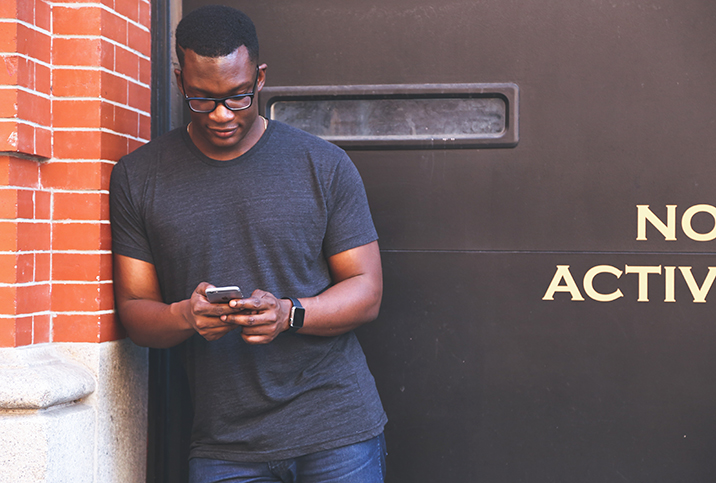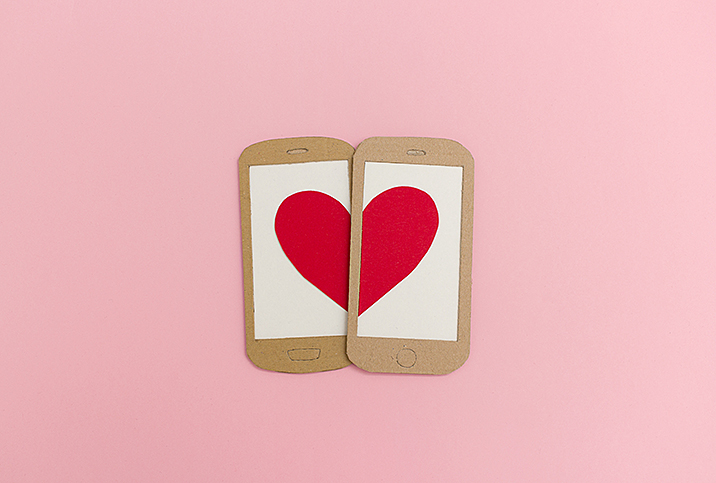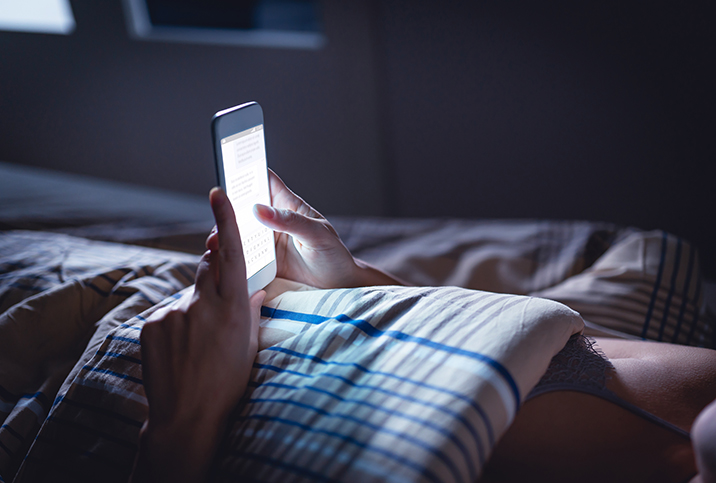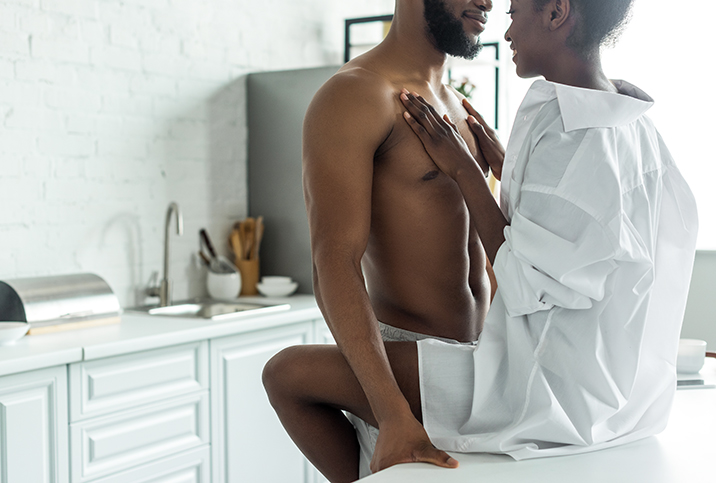How Dating Apps Work (or Don’t Work) for Socially Anxious Men

Anyone who went through COVID-19 while single will tell you: The awkwardness of Zoom work calls pales in comparison to the strangeness of a virtual first date. And when you're fighting anxiety and depression in the midst of a global pandemic, they're even more difficult.
Far from easing lonely singles into matched-up bliss, a new study suggests dating apps aren't really helping—at least not for guys with social anxiety and depression.
The reason? They just can't make the first move.
Reach out and touch someone
A research project published in the journal Cyberpsychology, Behavior, and Social Networking indicates that while apps such as Tinder might appear to be an appealing choice for modern romance, men who suffer from social anxiety and depression often fail to make a meaningful connection.
The study looked at dating app usage, motivations for use and how likely users were to initiate an interaction with whom they matched. Finally, all this data was processed through a filter of social anxiety and depression to examine how the cohort displaying the strongest symptoms use Tinder.
A group of 374 participants was given a battery of tests to assess their social anxiety and depression symptoms, and to rate the extent they use Tinder for the following:
- Love
- Casual sex
- Ease of communication
- Validation of their self-worth
- Excitement
- Trendiness
The data showed people with social anxiety and depression symptoms were the most likely to use dating apps—after all, the apps' design is inherently attractive for people who are lonely, depressed and anxious, and still feel a need for human connection.
Among men and women, there was a strong correlation between social anxiety and depression symptoms, and a greater likelihood of using dating apps for three specific categories: ease of communication, validation of self-worth and casual sex. (Only women were more likely to use Tinder to look for love or for the thrill of excitement.)
The most striking discovery was in the tendency to reach out and initiate contact. While women with or without social anxiety and depression symptoms were unlikely to make first contact with a match in any case, men with those same symptoms were the least likely to do so.
While study lead and Ph.D. candidate Ariella Lenton-Brym was quick to point out she can't make conclusions about causal relationships within the study's findings, she said it's possible people using these apps without going on dates could exacerbate their symptoms of social anxiety and depression.
This is because they don't reap the benefits of dating apps by turning them into social interaction. They're only getting the anxiety-producing stress of searching for a match, and the depressing prospect of potentially being rejected by dozens of complete strangers.
Lessons learned
The ubiquity of dating apps has changed the playing field when it comes to meeting new people, whether you end up together one night, in a relationship or just become coffee friends.
Experts suggest the high-volume, all-at-once approach to using dating apps might not be the healthiest way to go about it. For instance, if you approach a woman in a bar on a Friday night and get rejected, that's one thing, but getting "rejected" by dozens or even hundreds of women every night on Tinder can't be good for your anxiety or depression, not to mention your self-esteem.
One way to use Tinder and other dating apps might be to approach them as a fun way to meet a bunch of different people from various backgrounds. Don't take them so seriously or put too much pressure on yourself to find a perfect match. If you treat the app as a way to exercise your social skills, Tinder can be a force for good in terms of social anxiety. If some people you meet online turn out to be cool to hang out with in person, that's even better—whether or not it leads to anything more serious.


















